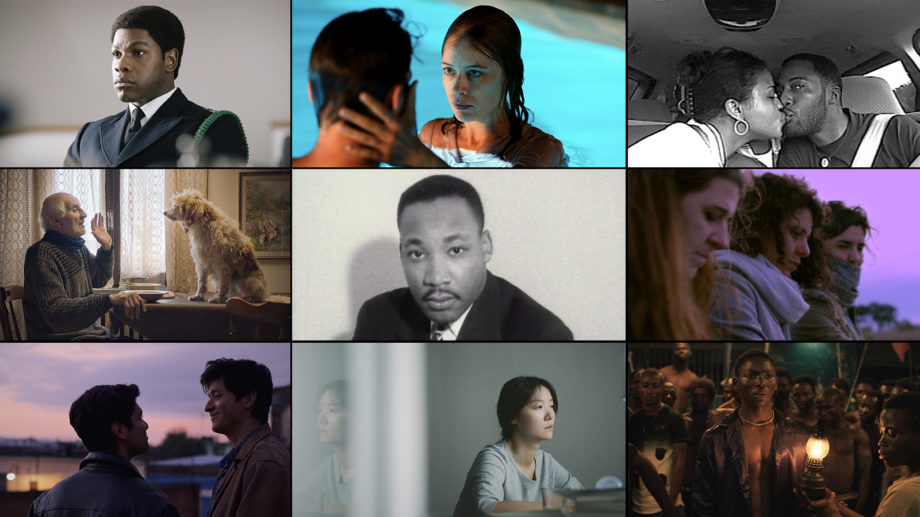L to R: Red, White and Blue, Undine, Time, The Truffle Hunters, MLK/FBI, Isabella, I Carry You With Me, The Calming, Night of the Kings
Film at Lincoln Center announces the 25 films that comprise the Main Slate of the 58th New York Film Festival, September 17 – October 11.
“The disorientation and uncertainty of this tough year had the effect of returning us to core principles,” said Dennis Lim, Director of Programming for NYFF. “To put it simply, the Main Slate is our collective response to one central question: which films matter to us right now? Movies are neither made nor experienced in a vacuum, and while the works in our program predate the current moment of crisis, it’s striking to me just how many of them resonate with our unsettled present, or represent a means of transcending it. It has been a joy and a privilege to work with a brilliant, tireless programming team—the newly composed selection committee and our new team of advisors—and we are truly excited for audiences to discover and discuss these films.”
This year’s Main Slate showcases films from 19 different countries, including new titles from renowned auteurs, exceptional work from directors making their NYFF debuts, and an especially strong slate of documentary features: Gianfranco Rosi’s Notturno, an unflinchingly immersive look at the war-ravaged borderlands of Iraq, Kurdistan, Syria, and Lebanon; Frederick Wiseman’s thoughtful exploration behind the scenes of Boston city government in City Hall; indictments of America’s racist past and present in Sam Pollard’s MLK/FBI and Garrett Bradley’s Time; and varied and intimate portraits of rural life in Victor Kossakovsky’s Gunda, Jia Zhangke’s Swimming Out Till the Sea Turns Blue, and Michael Dweck and Gregory Kershaw’s The Truffle Hunters. Hong Sangsoo makes his 15th festival appearance with The Woman Who Ran, while other returning NYFF filmmakers include Rosi, Jia, Pollard, Christian Petzold, Song Fang, Eugène Green, Cristi Puiu, Matías Piñeiro, Tsai Ming-liang, Philippe Garrel, and Centerpiece director Chloé Zhao. Appearing in the Main Slate for the first time are New Directors/New Films alumni Bradley, Kossakovsky, Chaitanya Tamhane, and Dea Kulumbegashvili; as well as Heidi Ewing, Yulene Olaizola, Closing Night director Azazel Jacobs, and New York African Film Festival alum Philippe Lacôte.
As previously announced, the NYFF58 Opening Night selection is Steve McQueen’s Lovers Rock, Chloé Zhao’s Nomadland is Centerpiece, and Azazel Jacobs’s French Exit will close the festival. Two other films from McQueen’s Small Axe anthology—Mangrove and Red, White and Blue—also screen in the Main Slate.
The Main Slate selection committee, chaired by Dennis Lim, also includes Eugene Hernandez, Florence Almozini, K. Austin Collins, and Rachel Rosen. Sofia Tate is the NYFF Programming Coordinator, and Violeta Bava, Michelle Carey, Leo Goldsmith, Rachael Rakes, and Gina Telaroli serve as festival advisors. Matt Bolish is the Producer of NYFF.
NYFF58 will run September 17 – October 11, beginning one week earlier than usual in order to expand access to the festival via drive-in screenings. Opening Night is September 17, the Centerpiece screening is September 26, and the Closing Night selection will screen October 10.
In May, organizers unveiled a reimagined festival structure under the leadership of new NYFF Director Eugene Hernandez and NYFF Director of Programming Dennis Lim. The festival’s offerings have been streamlined into five sections, with the Main Slate remaining the heart and historic core of the program. Currents, Spotlight, Revivals, and Talks will be announced in the coming weeks.
Press and industry accreditation for the 58th New York Film Festival is now open through September 2. Press screenings will be held virtually, beginning in mid-September.
The 58th New York Film Festival Main Slate
Opening Night
Lovers Rock
Dir. Steve McQueen
Centerpiece
Nomadland
Dir. Chloé Zhao
Closing Night
French Exit
Dir. Azazel Jacobs
Atarrabi and Mikelats
Dir. Eugène Green
Beginning
Dir. Dea Kulumbegashvili
The Calming
Dir. Song Fang
City Hall
Dir. Frederick Wiseman
Days
Dir. Tsai Ming-liang
The Disciple
Dir. Chaitanya Tamhane
Gunda
Dir. Victor Kossakovsky
I Carry You with Me (Te Llevo Conmigo)
Dir. Heidi Ewing
Isabella
Dir. Matías Piñeiro
Malmkrog
Dir. Cristi Puiu
Mangrove
Dir. Steve McQueen
MLK/FBI
Dir. Sam Pollard
Night of the Kings (La Nuit des Rois)
Dir. Philippe Lacôte
Notturno
Dir. Gianfranco Rosi
Red, White and Blue
Dir. Steve McQueen
The Salt of Tears (Le sel des larmes)
Dir. Philippe Garrel
Swimming Out Till the Sea Turns Blue
Dir. Jia Zhangke
Time
Dir. Garrett Bradley
Tragic Jungle (Selva Trágica)
Dir. Yulene Olaizola
The Truffle Hunters
Dir. Michael Dweck, Gregory Kershaw
Undine
Dir. Christian Petzold
The Woman Who Ran
Dir. Hong Sangsoo
Since 1963, the New York Film Festival has been a centerpiece of New York’s arts scene: an annual bellwether of the state of cinema that has shaped film culture in the city and beyond. Festival organizers will keep this tradition alive while adapting as necessary to the current health crisis. The safety of audiences and staff is the first priority. The 58th edition of NYFF will focus on outdoor and virtual screenings, as directed by state and health officials.
Presented by Film at Lincoln Center, the New York Film Festival highlights the best in world cinema. The festival continues a long-standing tradition of introducing audiences to bold and remarkable works from celebrated filmmakers as well as fresh new talent.
Tickets will go on sale to the general public on September 11, with early access opportunities for FLC members prior to this date. See more details about ticket prices and passes here. Consider becoming a FLC member at the Contributor level or above by August 21 for NYFF ticket discounts and early ticketing opportunities.
Limited-Time Offer: Join by August 17 at the Contributor, Friend, Angel and New Wave levels and SAVE 15% with promo code LOVEFILM! Support of the New York Film Festival benefits Film at Lincoln Center in its nonprofit mission to support the art and craft of cinema.
58th NEW YORK FILM FESTIVAL
Films & Descriptions
Opening Night
Lovers Rock
Steve McQueen, 2020, UK, 68m
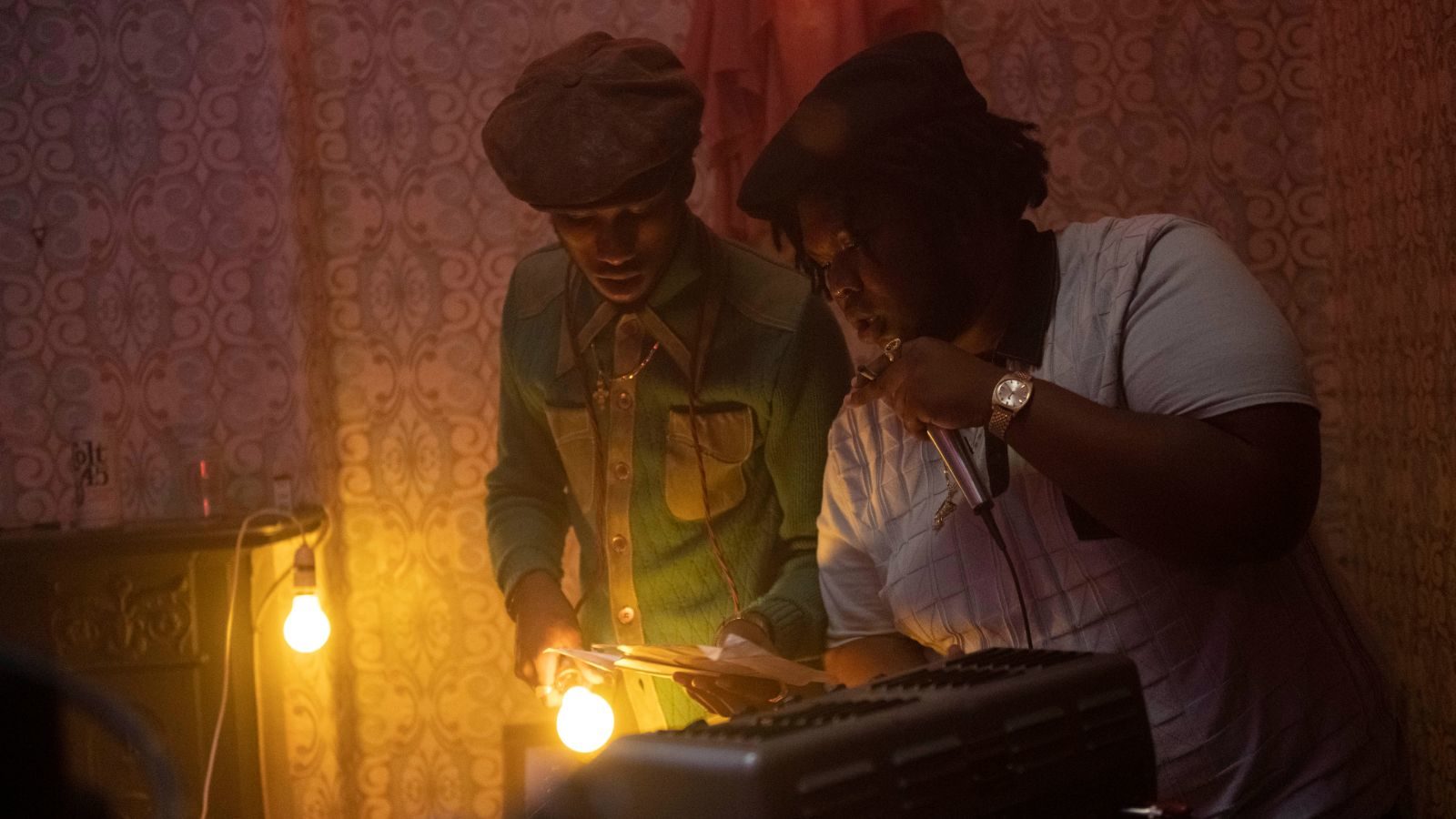
A movie of tactile sensuality and levitating joy, Lovers Rock finds the always daring Steve McQueen (Hunger, 12 Years a Slave) in an ecstatic yet no less formally bold mode. Produced as part of McQueen’s ambitious, multifaceted Small Axe, an anthology of decades-spanning films that alights on various lives in London’s West Indian community, the intoxicating, 1980-set Lovers Rock takes place largely over one night at a house party. While McQueen and co-screenwriter Courttia Newland have constructed their ethereal narrative around the growing attraction between Martha (newcomer Amarah-Jae St. Aubyn) and a brooding stranger (Micheal Ward), the film is equally about the rapture of music, specifically the reggae genre of the title—typified in the film’s swooning centerpiece set to Janet Kay’s euphoric 1979 single “Silly Games”—and the thrill and liberation of bodies in motion, miraculously photographed by Shabier Kirchner. An Amazon Studios release.
Centerpiece
Nomadland
Chloé Zhao, 2020, U.S., 108m
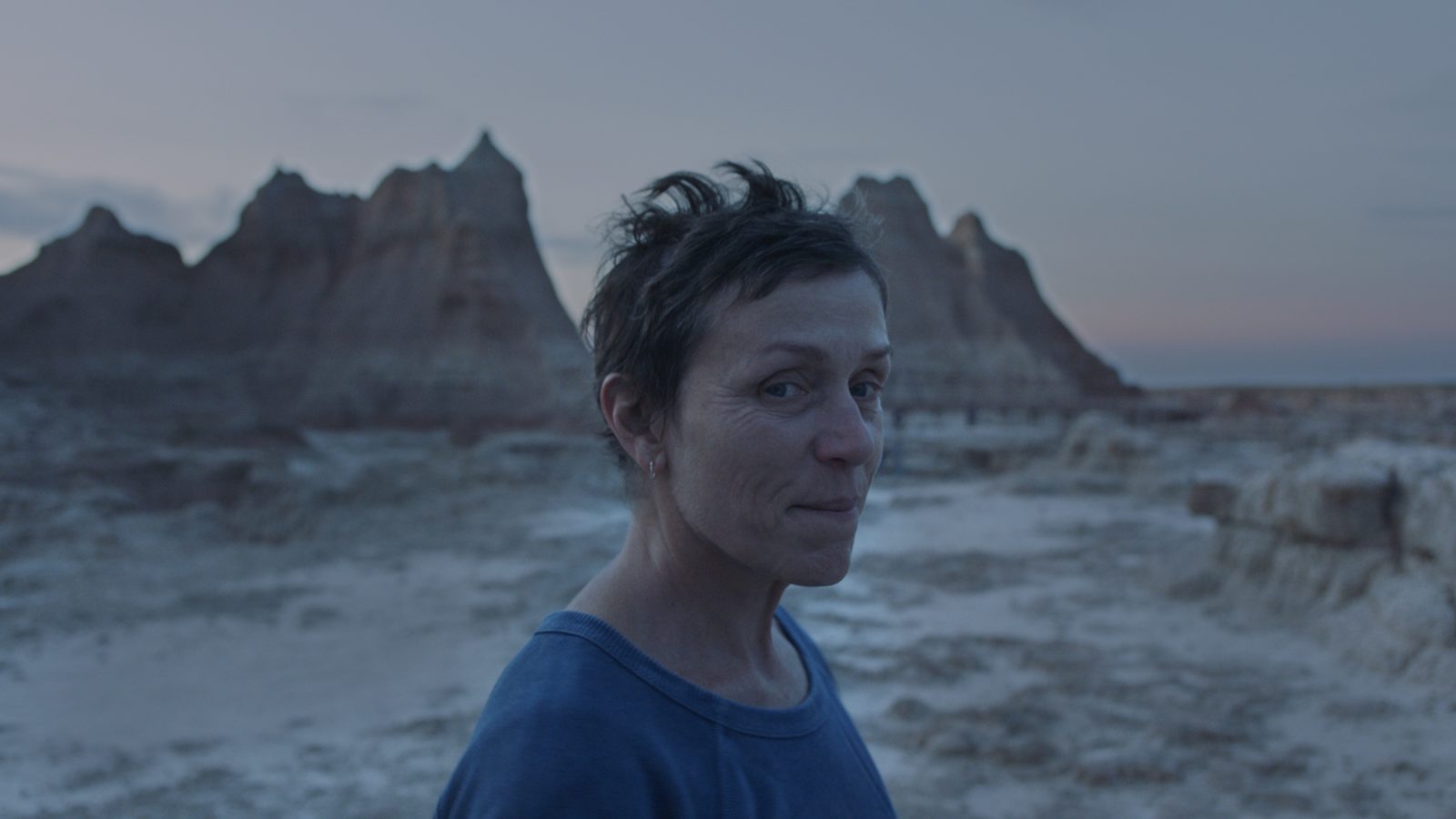
Frances McDormand delivers a beautiful performance of understated grace and sensitivity in this richly textured third feature from director Chloé Zhao (The Rider, NYFF55), adapted from Jessica Bruder’s acclaimed 2017 nonfiction book about itinerant older Americans. Set against the grand backdrop of the American West, Nomadland recounts a year in the life of Fern (McDormand), a stoic, stubbornly independent widow who, having spent her adult life in a now-defunct company town, repurposes an old van and sets off in search of seasonal work. Alongside McDormand, the film features deeply affecting turns from David Strathairn and a supporting cast of nonactors, all real-life “nomads” playing versions of themselves. With this road movie for our precarious times, Zhao establishes herself as one of contemporary cinema’s most clear-eyed and humane chroniclers of lives on the American margins. A Searchlight Pictures release.
Closing Night
French Exit
Azazel Jacobs, 2020, U.S., 110m

Michelle Pfeiffer is entirely bewitching as Frances Price, an imperious, widowed New York socialite whose once-extreme wealth has dwindled down to a nub. Facing insolvency, she makes the decision to escape the city by cruise ship and relocate to her friend’s empty Paris apartment with her dyspeptic son, Malcolm (Lucas Hedges), and their mercurial cat, Small Frank (voiced by Tracy Letts). There, Frances and Malcolm reckon with their pasts and plan for an impossible future, all while their social circle expands in unexpected and increasingly absurdist ways. This adaptation of the best-selling novel by Patrick deWitt is a rare American film of genuine eccentricity, elegantly directed by Azazel Jacobs (The Lovers), and featuring a brilliant performance of stylish severity by Pfeiffer, whose every intonation is a wonder to behold. A Sony Pictures Classics release.
Atarrabi and Mikelats
Eugène Green, 2020, France/Belgium, 123m

Eugène Green (last seen at NYFF with 2016’s The Son of Joseph) fashions an original modern-dress take on Basque myth in his inimitable style, perched on the line between earnest spirituality and sly satire. Atarrabi and Mikelats are brothers born minutes apart, the children of the powerful goddess Mari. After their mother hands them over to the Devil, making him their teacher and caretaker—he’s a scholar and the “height of hipness,” after all—the boys grow up to be polar opposites. The curious, saintly Atarrabi (Saia Hiriart) wants to see the world beyond their lair; the wicked, diabolical Mikelats (Lukas Hiriart) prefers to stay and pledge his soul to his master. Green’s entertaining, episodic, and surpassingly beautiful film is a strikingly original vision of good and evil and the importance of humility and humanity in a fearful world.
Beginning
Dea Kulumbegashvili, 2020, Georgia, 125m
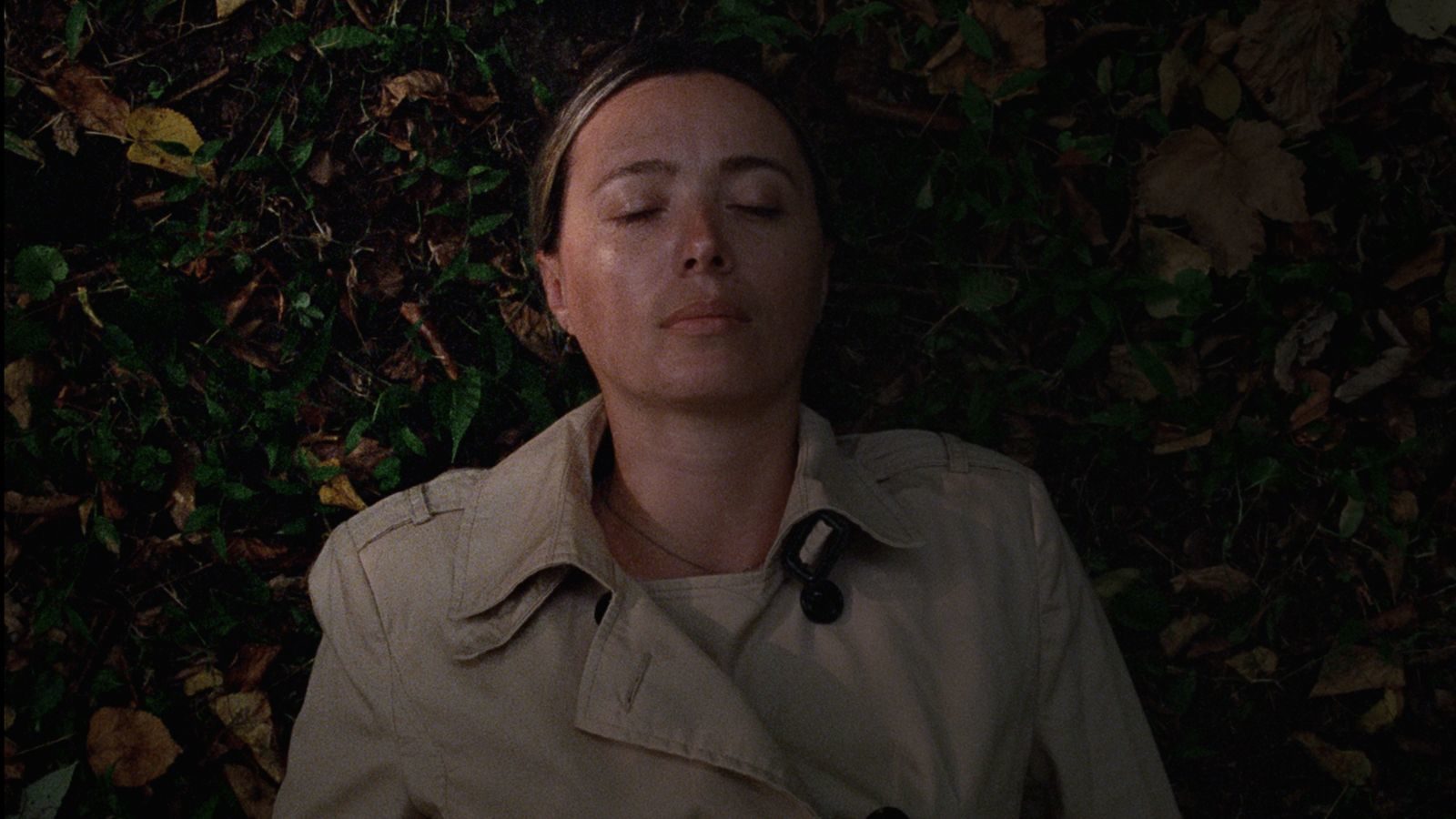
In her striking feature debut, Georgian filmmaker Dea Kulumbegashvili uses rigorous, compositionally complex frames to tell the devastating story of a persecuted family of Jehovah’s Witness missionaries from the perspective of a wife and mother. Following a shocking act of arson on the place of worship she and her husband have established in a remote village outside of Tbilisi, Yana (Ia Sukhitashvili) finds herself descending into a spiral of confusion and doubt, her suffering only exacerbated by her debased treatment at the hands of the local police. An occasionally harrowing depiction of women’s roles in both religious and secular society, Beginning announces a major new arrival on the world cinema scene.
The Calming
Song Fang, 2020, China, 93m
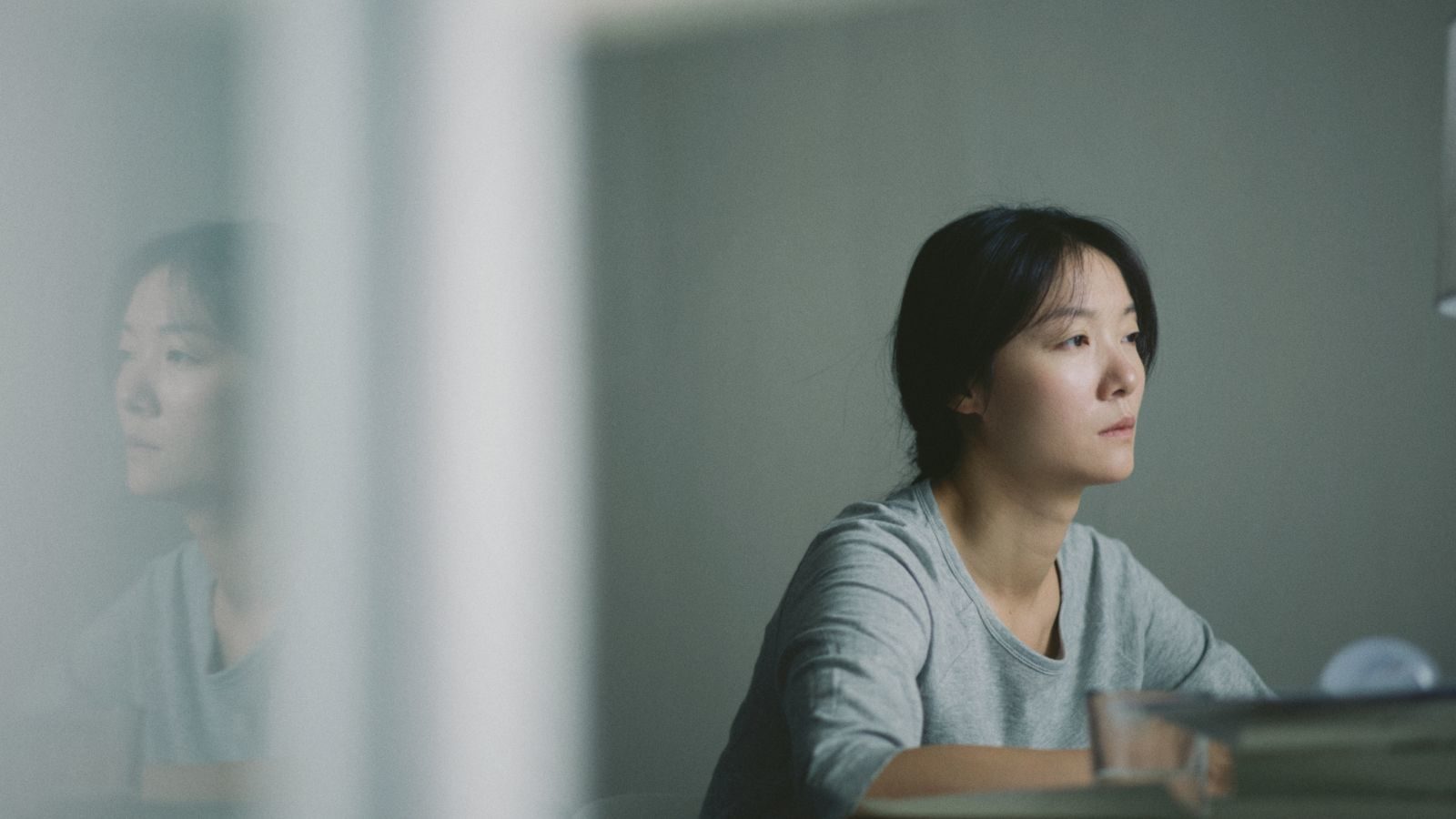
A film of arresting beauty and tranquility, the second feature from Song Fang—whose Memories Look at Me (NYFF50) was a work of graceful autobiography—follows a young film director as she makes her way around Japan, China, and Hong Kong after a relationship breakup: presenting her work, engaging with friends and artists, and dealing with the realities of aging parents. Amidst all of this, Lin (an effortlessly inquisitive Qi Xi) takes in both lush nature and imposing cityscapes, a woman both alone and constantly engaged in the ever-shifting environment around her. Song’s film refuses to impose psychological motivation on Lin’s perambulations or her art, instead allowing the viewer to experience the world’s disappointments and felicities along with her, and perhaps bear witness to creative rejuvenation.
City Hall
Frederick Wiseman, 2020, U.S., 272m

Nonagenarian national treasure Frederick Wiseman returns with another kaleidoscopic look at the function and practice of community, policy, and civic engagement in shaping Americans’ everyday lives. This time, Wiseman trains his gaze on the inner workings of the city of Boston, taking viewers into the public and backroom discussions that can either inspire or stall municipal action. As in such recent works of penetrative institutional analysis as At Berkeley and In Jackson Heights, Wiseman shows—without editorializing or casting broadsides—a country’s steps toward inclusivity and social reform, as well as the entrenched systems that keep progress in relative check. Wiseman’s top-down approach to representing governmental function speaks to the multicultural and immigrant communities and businesses of Boston’s neighborhoods and suburbs, while also standing in for the whole of a nation constantly wrestling with its legacy and debating its future. A Zipporah Films release.
Days
Tsai Ming-liang, 2020, Taiwan/France, 127m
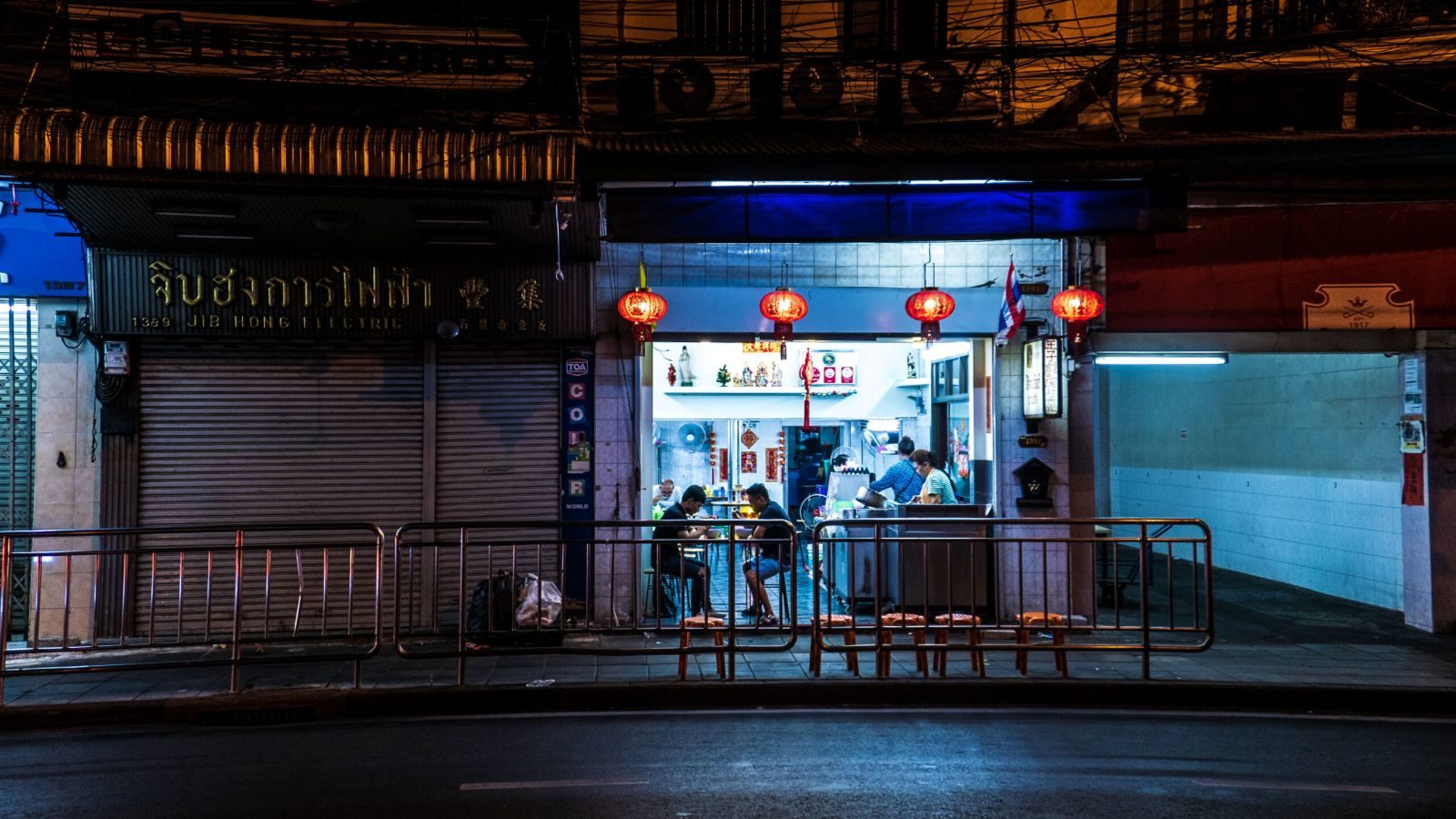
The great Taiwanese filmmaker Tsai Ming-liang has been directing exquisite examinations of alienation, isolation, and the fleeting beauty of human connection featuring his muse Lee Kang-sheng for decades. His latest film, Days—his first feature-length fiction since 2013’s magnificent Stray Dogs (NYFF51)—will undoubtedly stand as one of his best, sparest, and most intimate works. Lee once again stars as a variation on himself, wandering through a lonely urban landscape and seeking treatment in Hong Kong for a chronic illness; at the same time, a young Laotian immigrant working in Bangkok, played by Anong Houngheuangsy, goes about his daily routine. These two solitary men eventually come together in a moment of healing, tenderness, and sexual release. Among the most cathartic entries in Tsai’s filmography, Days is a work of longing, constructed with the director’s customary brilliance at visual composition and shot through with profound empathy. A Grasshopper Film release.
The Disciple
Chaitanya Tamhane, 2020, India, 128m
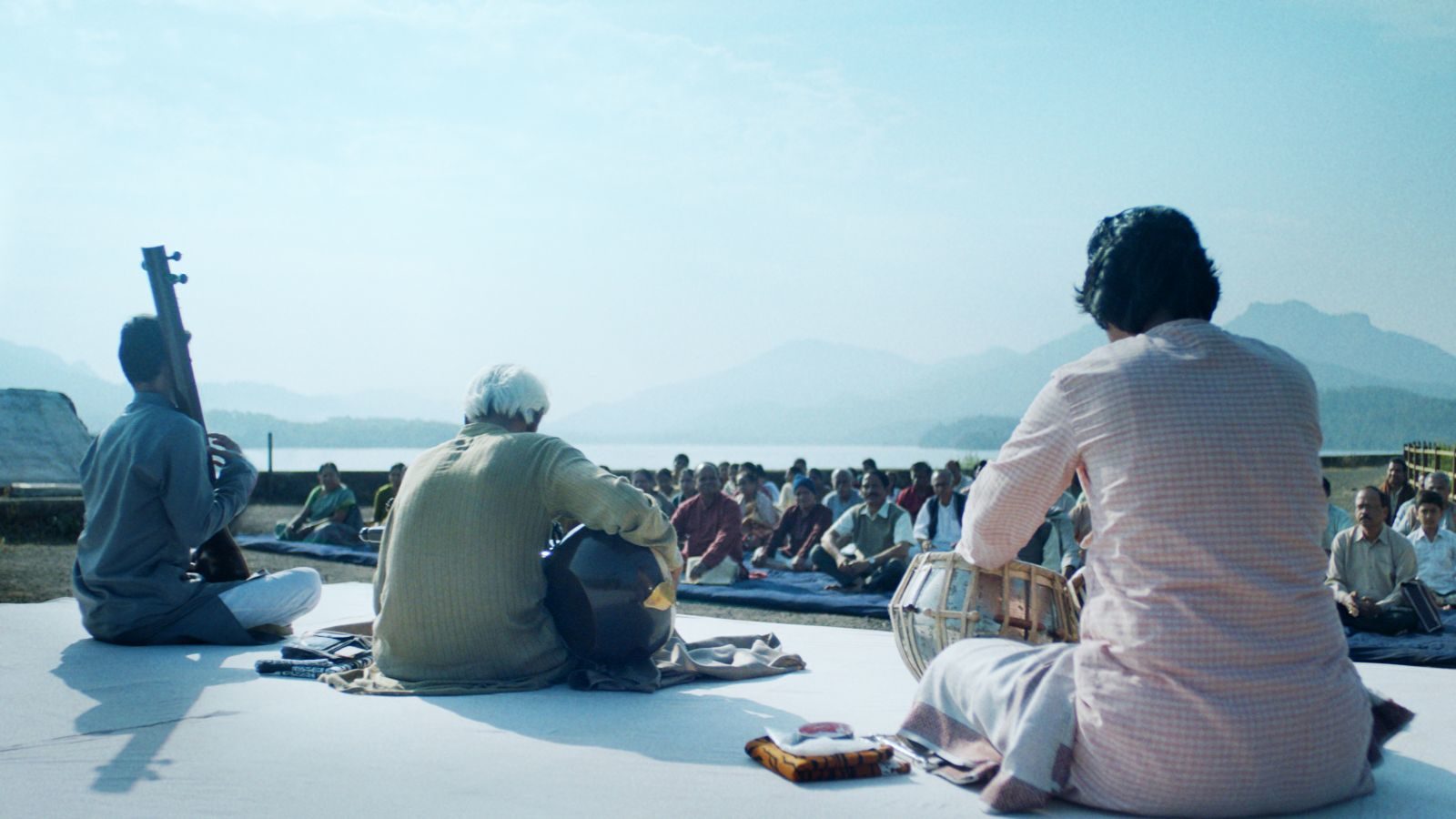
Indian filmmaker Chaitanya Tamhane became a sensation after the runaway international success of his 2014 feature debut Court. His much-anticipated follow-up, The Disciple, is a finely crafted labor of love set in the world of Indian traditional music. Hindustani classical singer—and remarkable first-time actor—Aditya Modak stars as Sharad, a man living in Mumbai who makes it his life’s goal to follow in the footsteps of his father and become a practitioner of the centuries-old Khayal music tradition. As the years wear on, Sharad grows increasingly disillusioned as he strives for divine purity in a world tipping over into bland commercialization. The Disciple is a refined yet uncompromising portrait of a young artist’s journey, his dreams, and his loneliness, featuring some extraordinary musical performances.
Gunda
Victor Kossakovsky, 2020, Norway, 93m

Gunda is a sow who lives on a farm in Norway. When documentary filmmaker Victor Kossakovsky first visits her, she has just given birth to a litter of piglets, and his patient camera watches as they grasp for her milk and take their tentative, teetering steps into a new world. This remarkable intimacy extends and evolves, building into an unprecedented portrait of animal life—encompassing herds of cows and curious, uncooped chickens—that brings us uncommonly close to these creatures, and manages to express their consciousness without overtly anthropomorphizing them. Entirely wordless, Gunda boasts immersive natural sound design and crisp, pastoral black-and-white cinematography to tell its compassionate tale; like all of Kossakovsky’s work (¡Vivan las Antípodas!, Aquarela), it’s visionary in its simplicity, wonder, and urgency. A NEON release.
I Carry You With Me (Te llevo conmigo)
Heidi Ewing, 2020, U.S./Mexico, 111m
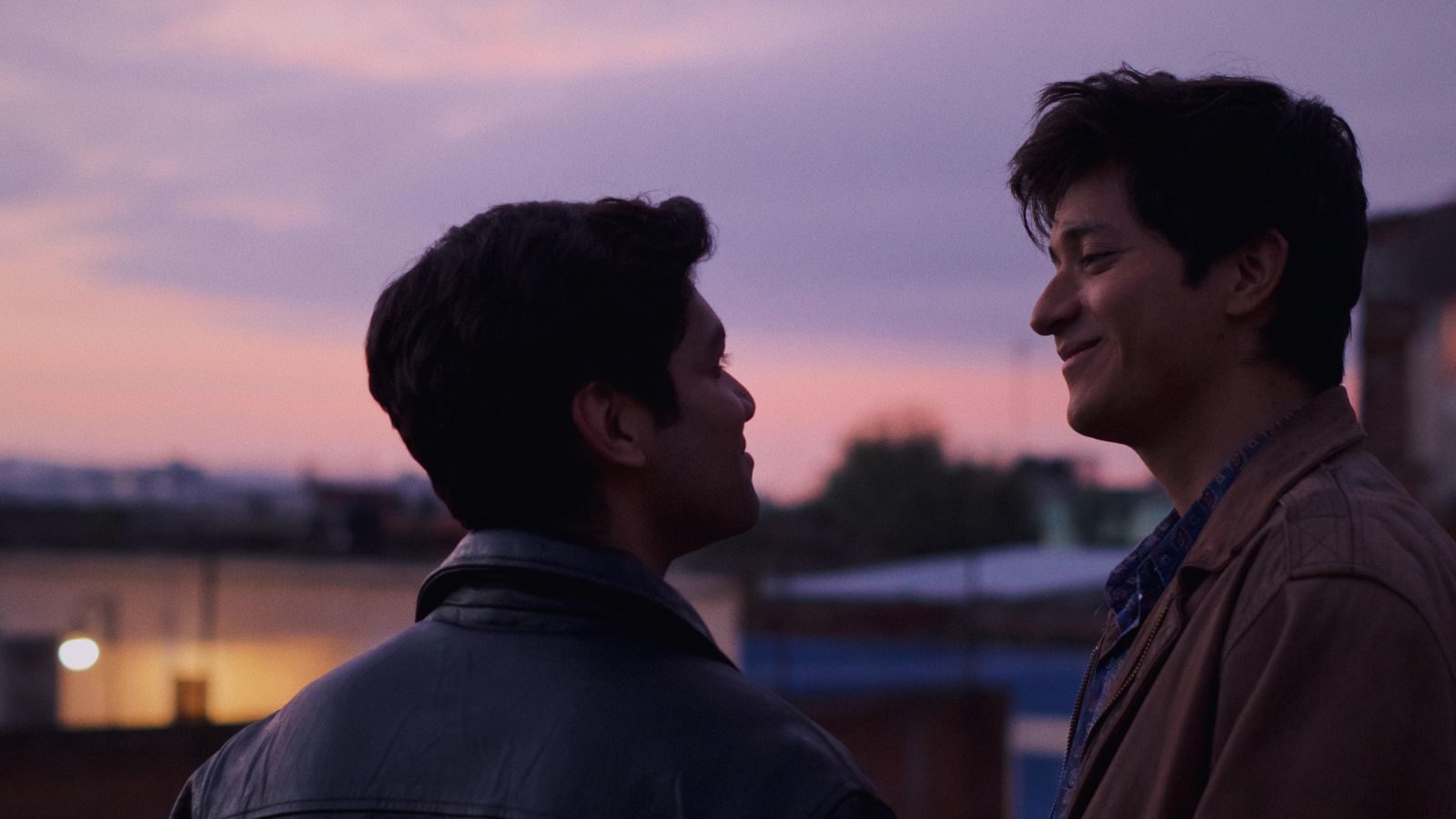
Among the most emotionally resonant and innovatively conceived cinematic love stories in years, I Carry You With Me (Te llevo conmigo) charts the burgeoning romance between Iván (Armando Espitia), a semi-closeted young father and restaurant worker, and Gerardo (Christian Vázquez), a high school teacher who has come to terms more fully with his sexuality. When Iván makes the decision to leave Mexico and find new life and work opportunities across the U.S. border, the two men must make difficult decisions about their future. In her narrative feature debut, Heidi Ewing (Oscar-nominated for Jesus Camp) unexpectedly and brilliantly incorporates documentary elements into a beguiling, humane tale in which everyday struggle is inextricable from transcendent romance. A Sony Pictures Classics release.
Isabella
Matías Piñeiro, 2020, Argentina, 80m
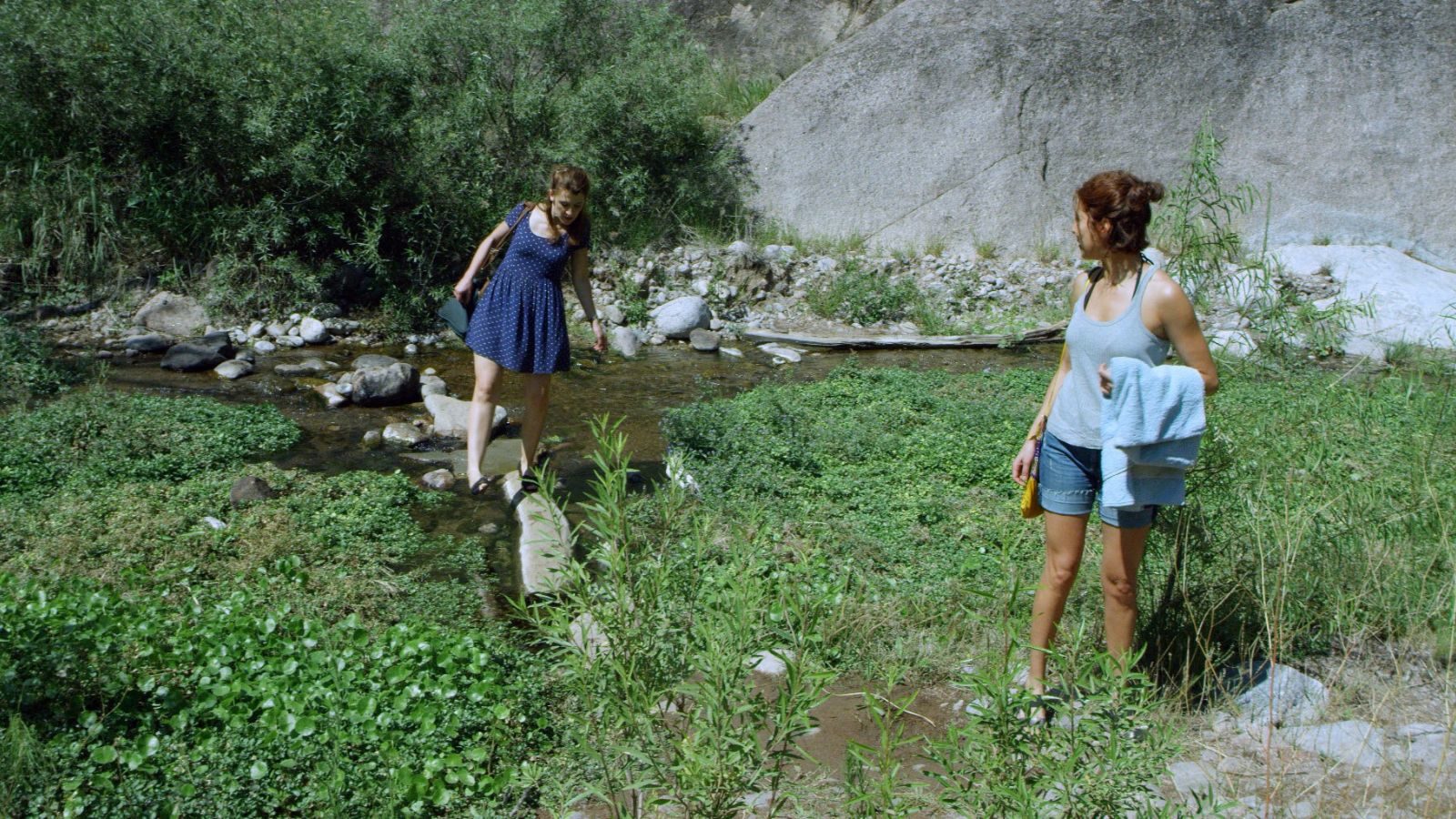
Argentine filmmaker Matías Piñeiro continues to explore the porous line between performance and daily ritual in his most visually striking film yet. As in such subtly magical dramas of the everyday as The Princess of France (NYFF52) and Hermia & Helena (NYFF54), Piñeiro uses a Shakespeare text to anchor a loose yet intellectually rigorous examination of life’s loves, labors, and futile pursuits, all played out with the minutest of gestures. Isabella uses Measure for Measure as inspiration, with regular Piñeiro players María Villar and Agustina Muñoz as Mariel, a teacher with stage aspirations, and Luciana, a more established actress. The filmmaker jumps around in time, from the days leading up to a crucial audition to years later, after the women have moved on to other dreams; meanwhile we keep returning to their collaboration on an entrancing, James Turrell–like light installation. Piñeiro’s art has never been more graceful or structurally complex as in this work of solace amid anxiety and doubt. A Cinema Guild Release.
Malmkrog
Cristi Puiu, 2020, Romania, 200m
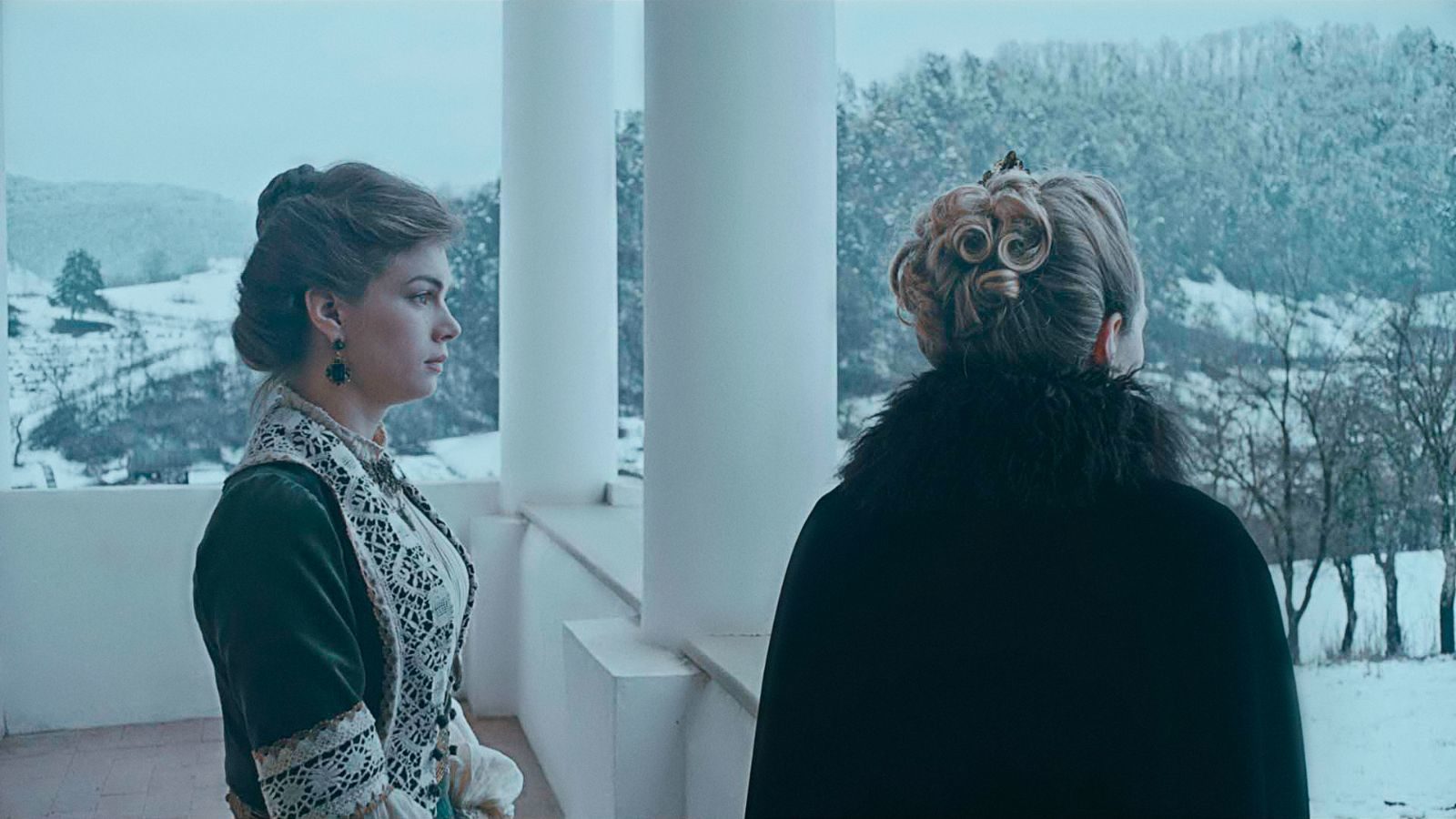
A turn-of-the-20th-century Christmas Eve gathering among five members of the European elite at an elegant Transylvanian estate becomes the setting for an increasingly intense series of conversations. These philosophical elaborations on good and evil, Jesus and the Devil, and war and peace take place in an array of well-appointed rooms with the utmost gentility, but the simmering violence beneath their veneer of politesse, and the occasional shocking nature of the subject matter at hand, come to reveal nothing less than the invasive horrors of the colonialist mindset. Romanian director Cristi Puiu (The Death of Mr. Lazarescu, NYFF43) has created a pristine, sometimes terrifying vision, a portrait of the damned that would only seem absurdist if it didn’t feel so utterly up-to-date.
Mangrove
Steve McQueen, 2020, UK, 126m
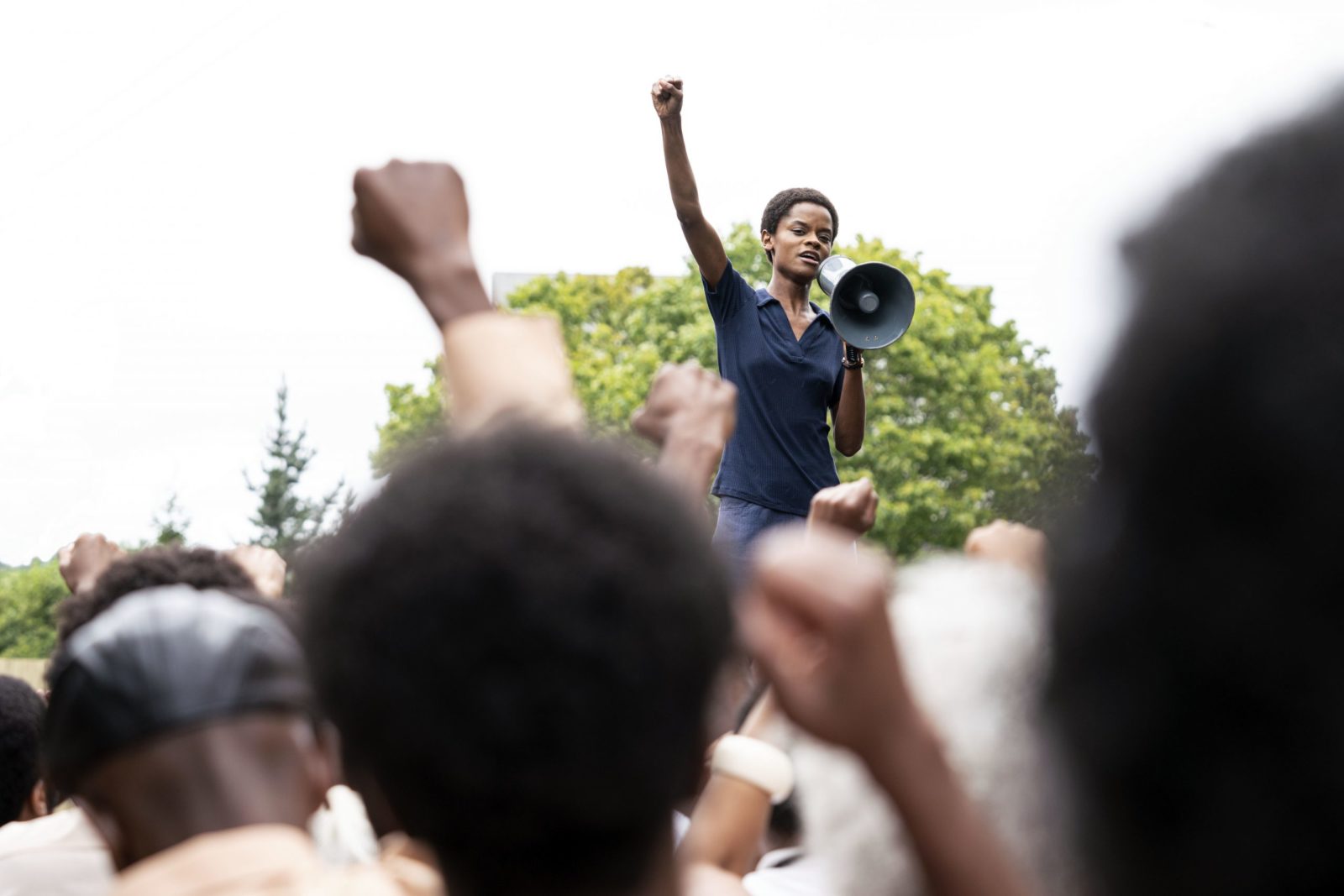
In the late ’60s, Frank Crichlow, the Trinidad-born owner of a café in Notting Hill, London, increasingly found himself and his establishment the targets of white police intimidation and brutality. A meeting place for the local West Indian community as well as the area’s Black activists and intellectuals, the Mangrove restaurant was raided numerous times without any evidence of illegal activity; finally, the fed-up community took to the streets in protest, resulting in the arrests and violent treatment of several demonstrators. An epic piece of Steve McQueen’s Small Axe anthology, this vivid and gripping dramatization of these events and the resulting landmark 1970 trial of the defendants—who came to be known as the Mangrove Nine, and some of whom acted as their own counsel—is a stinging indictment of a system rotted by racism and a powerful portrait of resistance, passionately performed by a remarkable cast led by Shaun Parkes as Crichlow, Letitia Wright as Altheia Jones-LaCointe, and Malachi Kirby as Darcus Howe. An Amazon Studios release.
MLK/FBI
Sam Pollard, 2020, U.S., 104m
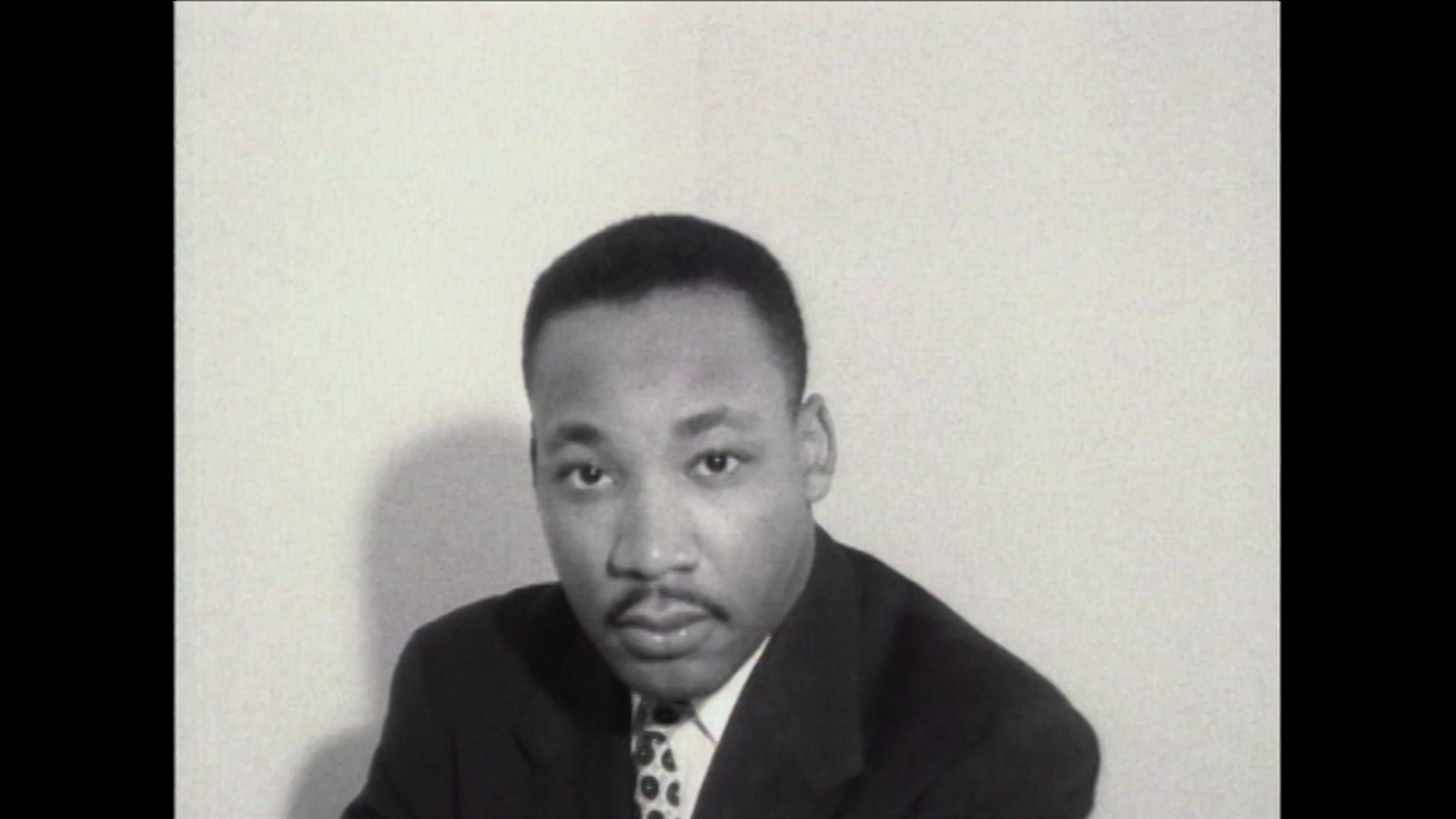
Dr. Martin Luther King Jr. is remembered today as an American hero: a bridge-builder, a shrewd political tactician, and a moral leader. Yet throughout his history-altering political career, he was often treated by U.S. intelligence and law enforcement agencies like an enemy of the state. In this virtuosic documentary, veteran editor and director Sam Pollard (Two Trains Runnin’, NYFF54) lays out a detailed account of the FBI surveillance that dogged King’s activism throughout the ’50s and ’60s, fueled by the racist and red-baiting paranoia of J. Edgar Hoover. In crafting a rich archival tapestry, featuring some revelatory restored footage of King, Pollard urges us to remember that true American progress is always hard-won.
Night of the Kings
Philippe Lacôte, 2020, France/Ivory Coast/Canada/Senegal, 93m
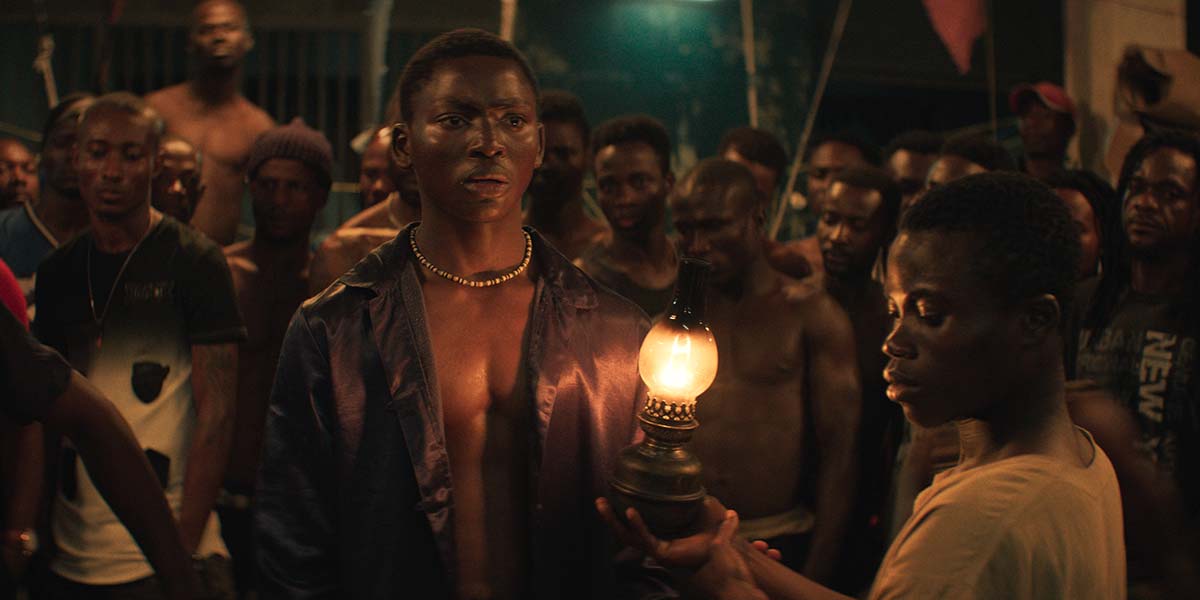
At the Maca correctional facility in the Ivorian capital of Abidjan, the inmates run the prison, a place all but ruled by superstitions. Tonight, upon the rising of a red moon, a newly arrived prisoner (Koné Bakary), jailed for pickpocketing, has been selected by the autocratic Lord Black Beard to assume the position of “Roman” (storyteller): he must keep his fellow inmates entertained with wild tales or risk his own life. As this Scheherazade-like scenario unfolds, he tells the story of Zama, his childhood friend who became a legendary crime boss. Paying homage to the tradition of the griot in West African culture, Night of the Kings is a work of Shakespearean fabulism and gripping, energetic cinema, an altogether original vision from breakout Ivory Coast filmmaker Philippe Lacôte.
Notturno
Gianfranco Rosi, 2020, Italy/France/Germany, 100m
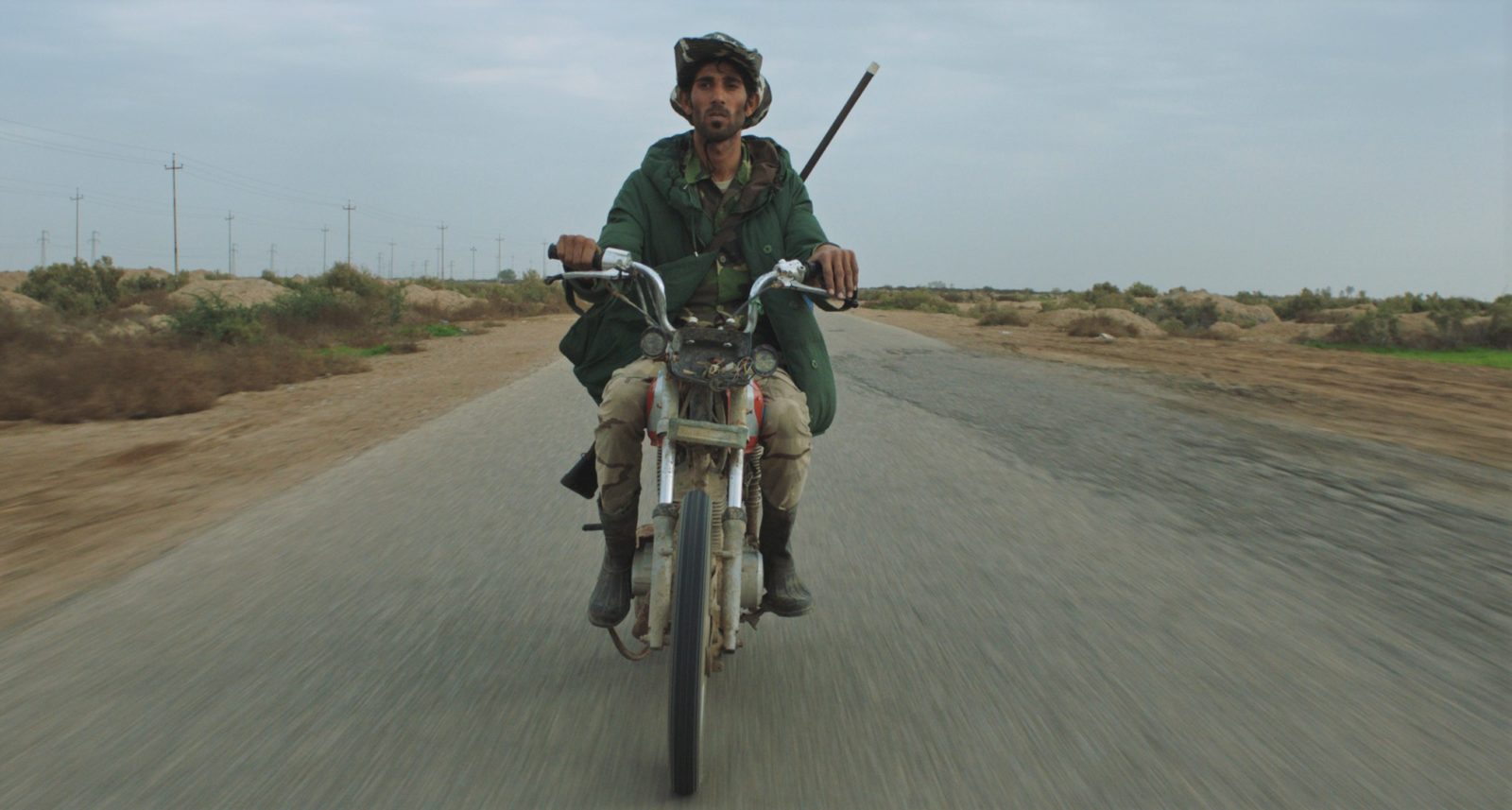
Gianfranco Rosi, whose last film, the Oscar-nominated documentary Fire at Sea (NYFF54), won the Golden Bear at the Berlin Film Festival, returns with an immersive work of nonfiction. Shot over the course of three years along the borders of Iraq, Kurdistan, Syria, and Lebanon, Notturno (Nocturne) is a nighttime ramble through a region of the world rocked and shattered by catastrophe and violence. With spellbinding visual compositions and heartrending attention paid to the plight of those who have been living through the rise of ISIS in the vacuum created by the U.S. invasion, Rosi leads the viewer through a play rehearsal in a psychiatric ward; on the quiet journeys of snipers, soldiers, and fishermen; and to a classroom where children relate harrowing testimonies of atrocities they’ve witnessed. In these border worlds, people go about their lives while constantly haunted by a pervasive existential threat; Rosi’s extraordinary film is a reminder that people carry on, every day, even under the darkest circumstances.
Red, White and Blue
Steve McQueen, 2020, UK
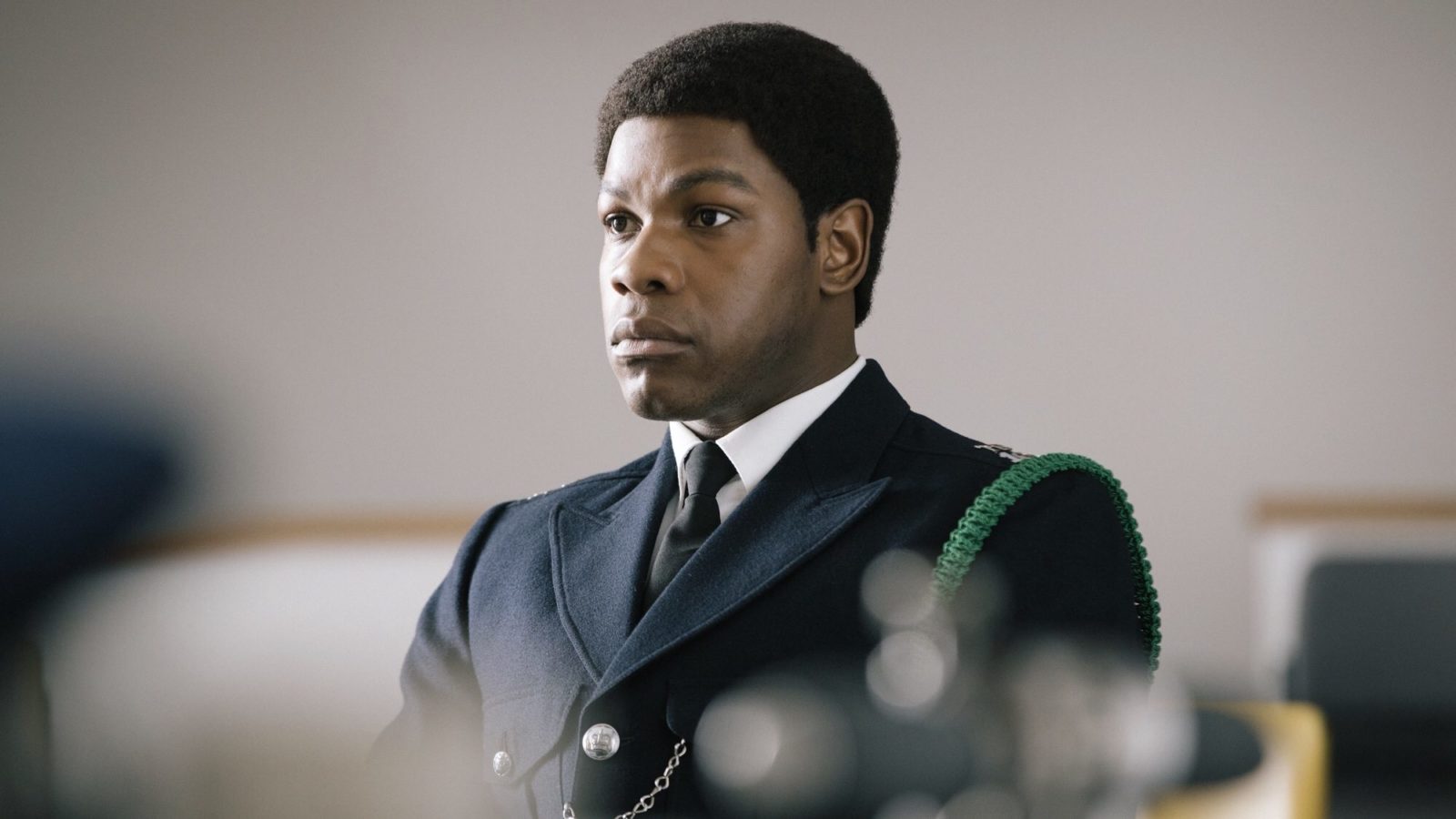
John Boyega plays real-life figure Leroy Logan, a member of the London Metropolitan Police Force who both witnessed and experienced firsthand the organization’s fundamental racism. Set in the ’80s, McQueen’s film captures Logan’s growing awareness of a system that he would one day try to dismantle from the inside, while also centering on his relationship with his father, a victim of white police brutality who initially refuses to accept his son’s decision to enter law enforcement. An entry in McQueen’s Small Axe anthology, charting various lives over the course of three decades in the city’s West Indian community, Red, White and Blue is richly evocative and politically charged, with an impassioned yet nuanced performance from Boyega. An Amazon Studios release.
The Salt of Tears
Philippe Garrel, 2020, France, 100m
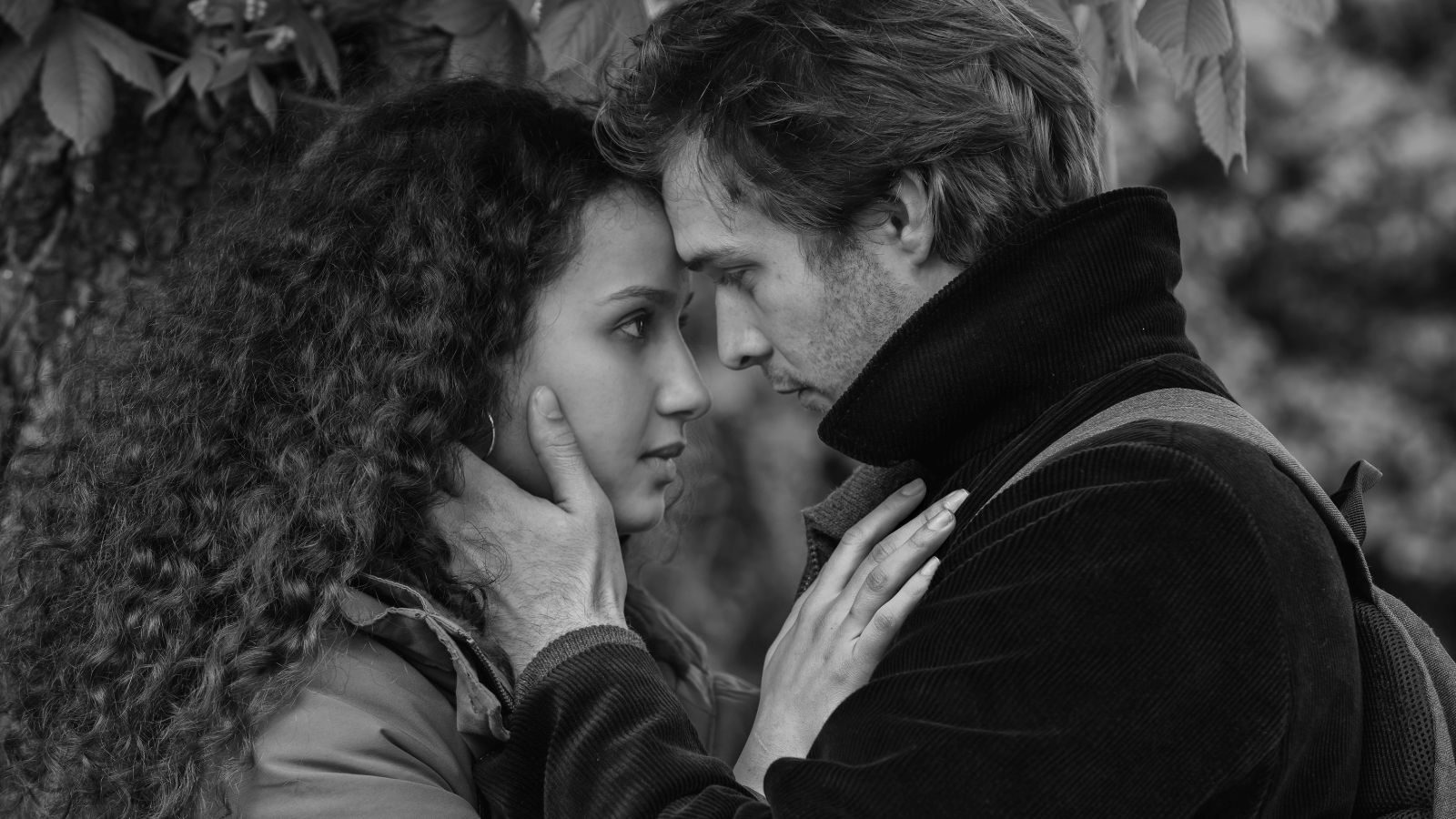
Veteran filmmaker Philippe Garrel once again fashions a pinpoint-precise and economical study of young love and its prevarications, which ever so gradually blossoms into an emotionally resonant moral tale. Handsome Luc (Logann Antuofermo), following in his aging father’s footsteps to study the craft of furniture joining, doesn’t appear to have any trouble meeting and dating women; as the film opens he’s aggressively courting Djemila (Oulaya Amamra) at a Paris bus stop. Skeptical yet ultimately trusting, Djemila will not be Luc’s one and only. Constructed and composed with crystalline austerity, and co-written with Jean-Claude Carrière and Arlette Langmann—who collaborated on Garrel’s last two films, In the Shadow of Women (NYFF53) and Lover for a Day (NYFF55)—The Salt of Tears is a pocket portrait that demonstrates the persistent vitality of one of French cinema’s great observers of the callowness of youth. A Distrib Films release.
Swimming Out Till the Sea Turns Blue
Jia Zhangke, 2020, China, 111m

The preeminent cinematic chronicler of 21st-century China, Jia Zhangke (last seen at NYFF two years ago with his masterful Ash Is Purest White) turns his sights to the more distant past in his surprising, complexly wrought new documentary. In Shanxi province, where Jia grew up, the filmmaker gathers three prominent authors—Jia Pingwa, Yu Hua, and Liang Hong—and evokes the legacy of the late writer Ma Feng, to create a tapestry of testimonies about the drastic changes in Chinese life and culture that began with the social revolution of the ’50s. In 18 chapters, interspersed with evocative, impressionistic interludes, Jia tells a wide-ranging, discursive story that touches upon movements in literature, the experiences of farmers and intellectuals, and urban versus rural living, and functions as a reminder of the essential power of verbally passing down history to future generations.
Time
Garrett Bradley, 2020, U.S., 81m

The tireless 21-year campaign of Louisiana woman Fox Rich to secure her husband’s release from prison after he received a 60-year sentence for robbery becomes a work of nonfiction cinematic alchemy in the hands of filmmaker Garrett Bradley. She has made a film composed of both newly shot material and archival footage from decades of home movies that Rich recorded to document her days, months, years of waiting. Delicate yet forceful, it’s an exquisitely stitched-together narrative of the strength and resilience of one mother of six that also functions as a personal perspective on the crisis of Black mass incarceration in America. Featuring evocative black-and-white cinematography that creates a sense of timelessness even as we feel time passing inexorably, Bradley’s film is a rarity: a work of both aesthetic nerve and social import. An Amazon Studios release.
Tragic Jungle
Yulene Olaizola, 2020, Mexico, 96m
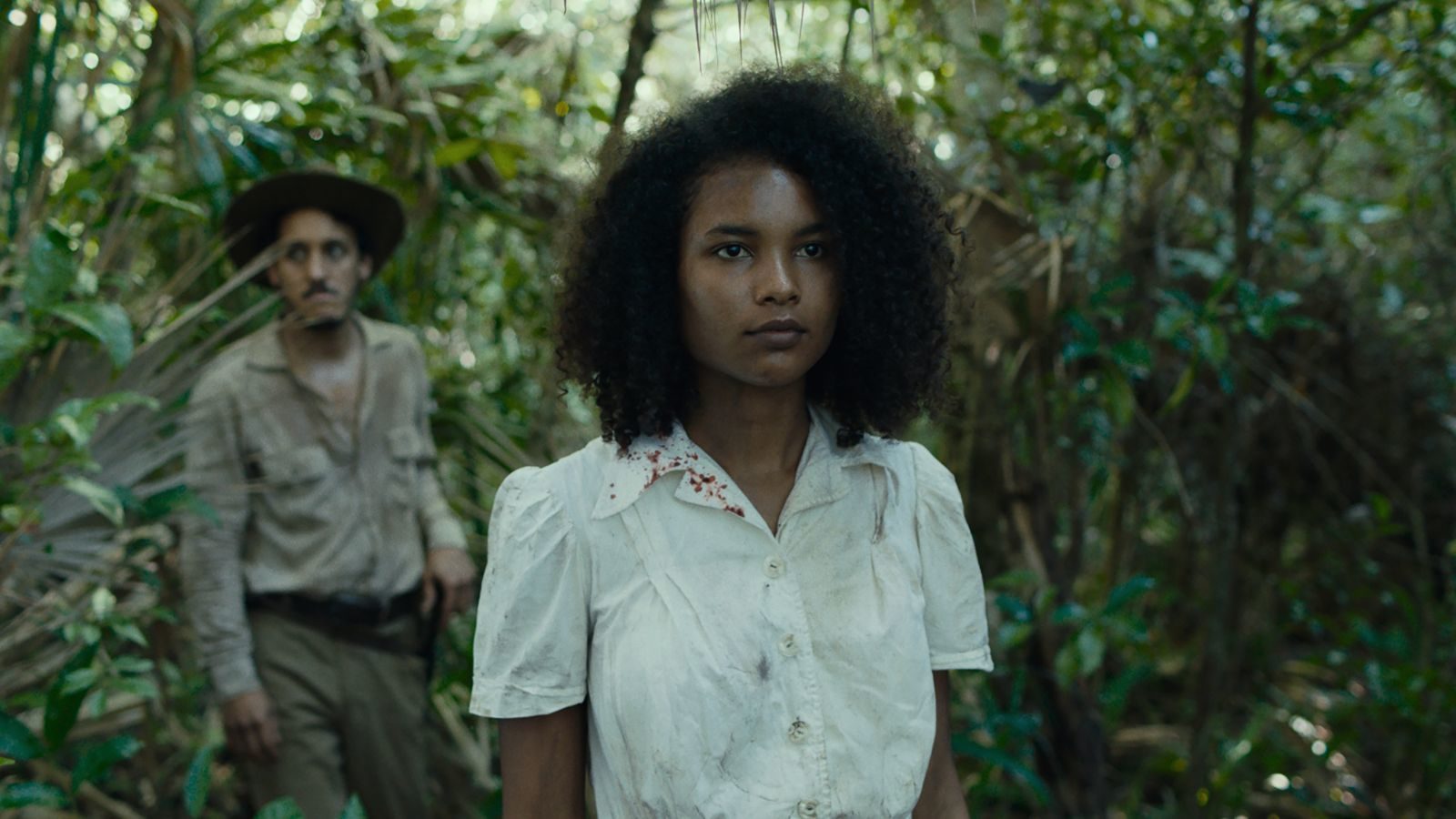
In her accomplished fifth feature, Mexican filmmaker Yulene Olaizola immerses the viewer in a richly drawn, tactile experience that works as both a gripping adventure and a contemplative rumination on the brutality and splendor of nature. Set in the 1920s in the deep thickets of a Mayan tropical rainforest along the Rio Hondo—then the border between Mexico and British Honduras, now Belize—Tragic Jungle follows Agnes (Indira Andrewin), a young woman trying desperately to escape with her sister from the white British landowner she doesn’t want to marry. With the man armed and on her trail, she barely gets away, and is discovered by a troupe of chicleros—gum tree workers—who become both her rescuers and captors. Vibrantly shot by cinematographer Sofia Oggioni, Olaizola’s film becomes an entirely unexpected story of myth and superstition, in which the jungle itself seems like a living being, taking natural revenge on the men whose petty inhumanities bloody its trunks and vines.
The Truffle Hunters
Michael Dweck and Gregory Kershaw, 2020, Italy/U.S./Greece, 84m
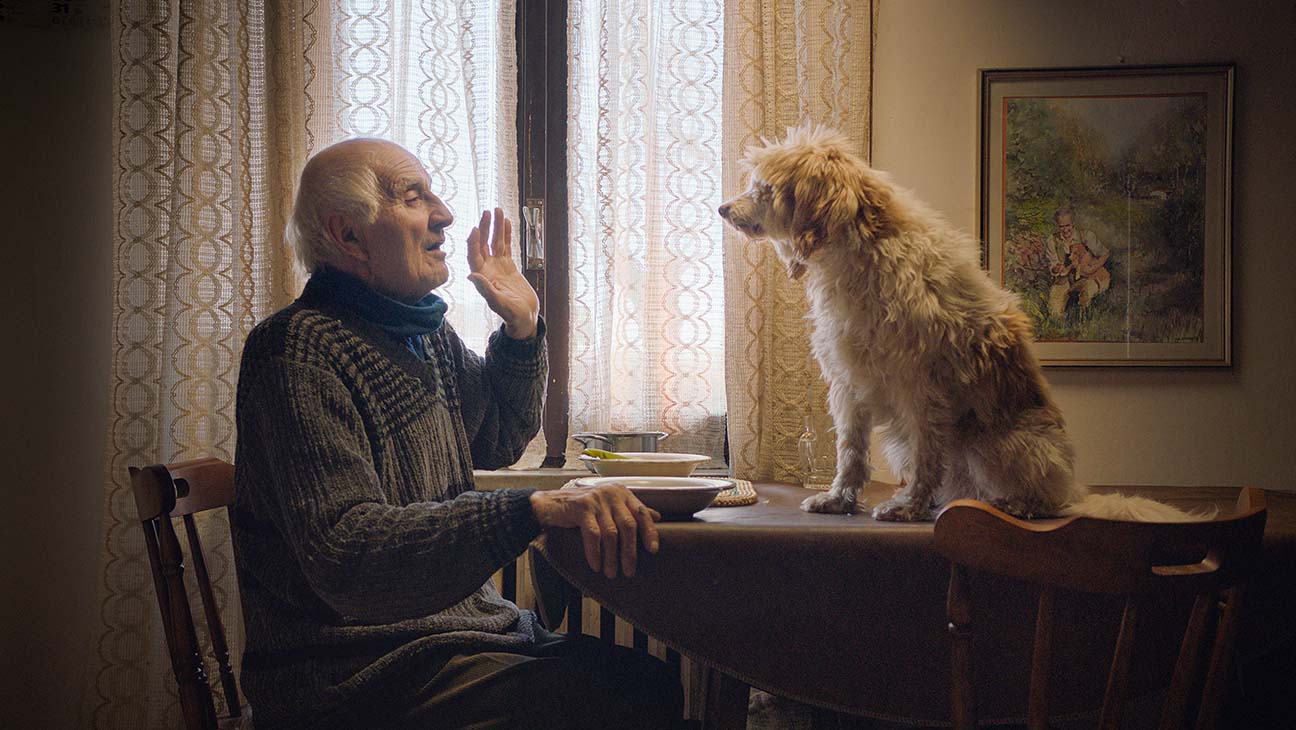
This engaging and beautifully filmed documentary immerses the viewer in the forests of Northern Italy, where dogs, accompanied by their elderly, often irascible human owners, scraping by on modest means, seek the precious white Alba truffle. Among the most coveted delicacies in the culinary world, this pricey fungus only makes its way to the plates of wealthy restaurant patrons thanks to the olfactory skills of these heroic canines. A depiction of both a ritualistic, outmoded way of life and the wild economic disparity of a situation that can lead to acts of greed and cruelty, The Truffle Hunters is revelatory, earthy, and altogether humane. A Sony Pictures Classics release.
Undine
Christian Petzold, 2020, Germany, 90m
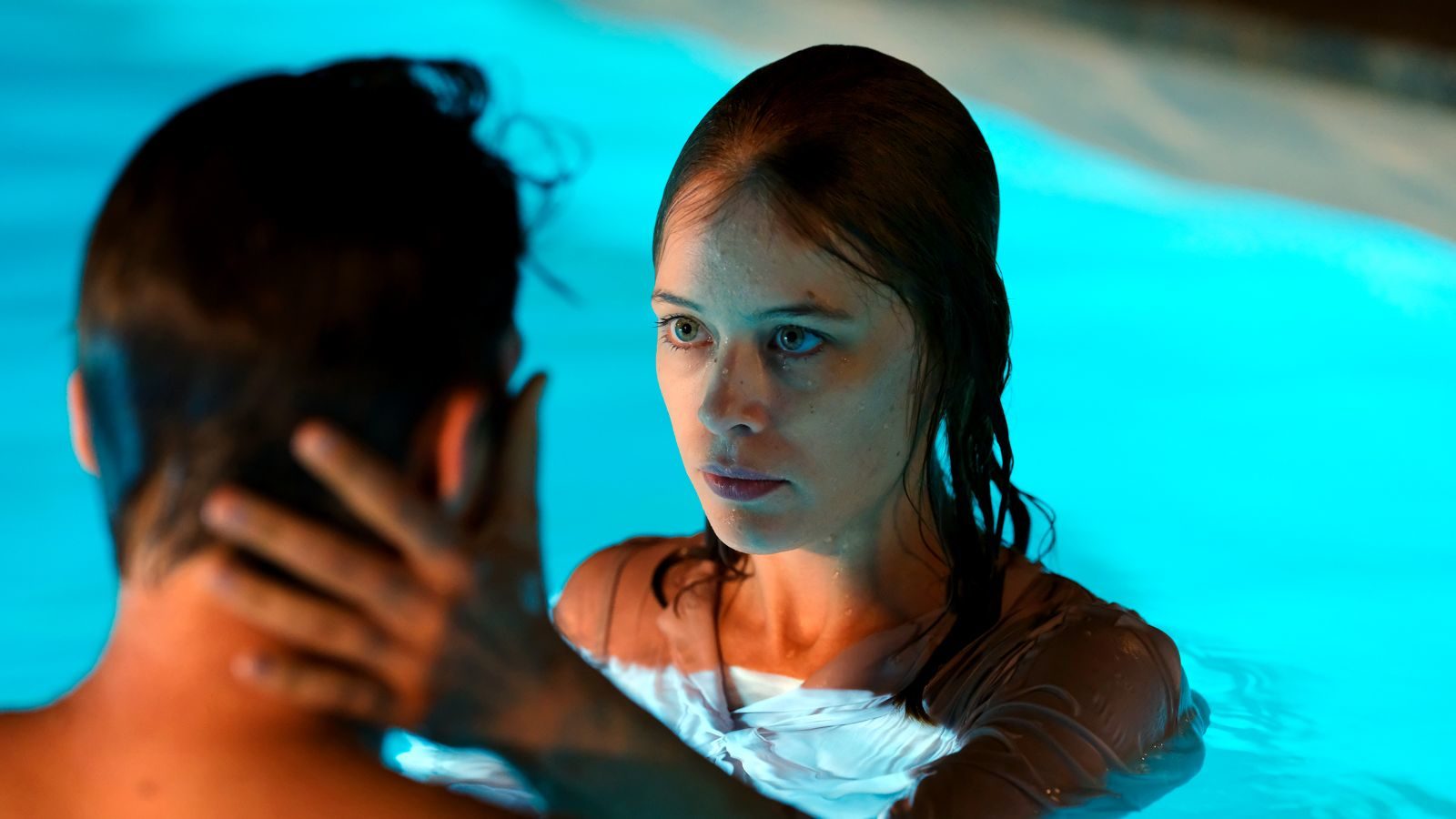
At first blush, the new film from Christian Petzold might seem a departure for the German director, especially to those only acquainted with him from his recent triumvirate of masterful films about the romantic and identity crises of refugees at different points in German history: Barbara (NYFF50), Phoenix, and Transit (NYFF56). Yet Petzold has long been toying with established genres, and with Undine he injects a supernatural element into a melodrama of star-crossed lovers—the title character (Paula Beer), a historian and tour guide at the Berlin City Museum specializing in urban development, and industrial diver Christoph (Franz Rogowski, Beer’s co-star in Transit). Linked by a love of the water, Undine and Christoph form an intense bond, which can only do so much to help her overcome the considerable baggage of her former affair. The story of a contemporary relationship guided by age-old cosmic fate, Petzold’s film contains indelible images of lush romanticism while remaining scrupulously enigmatic. An IFC Films release.
The Woman Who Ran
Hong Sangsoo, 2020, South Korea, 77m

Men are mostly, amusingly sidelined in Hong Sangsoo’s latest delight, which is anchored by the director’s regular collaborator—and real-life partner—Kim Minhee as the peripatetic Gamhee. Divided into three casually threaded yet distinct sections, the film follows Gamhee as she travels without her husband for the first time in years, visiting a succession of friends: two on purpose, one by chance. As usual, Hong allows the most minimal interactions to carry surprising weight, and uses subtle and sly narrative repetition to evoke a world of circular motion. The Woman Who Ran also features one of Hong’s most expert comic setpieces, a neighborly argument about stray cats that gets to the heart of the filmmaker’s lovingly crafted world of thwarted connections and everyday dysfunction. A Cinema Guild release.
FILM AT LINCOLN CENTER
Film at Lincoln Center is dedicated to supporting the art and elevating the craft of cinema and enriching film culture.
Film at Lincoln Center fulfills its mission through the programming of festivals, series, retrospectives, and new releases; the publication of Film Comment; the presentation of podcasts, talks, and special events; the creation and implementation of Artist Initiatives; and our Film in Education curriculum and screenings. Since its founding in 1969, this nonprofit organization has brought the celebration of American and international film to the world-renowned Lincoln Center arts complex, making the discussion and appreciation of cinema accessible to a broad audience and ensuring that it remains an essential art form for years to come.
Support for the New York Film Festival is generously provided by Official Partners HBO and Campari, Benefactor Partner Netflix, Supporting Partners Radeberger Pilsner and Bloomberg Philanthropies, Contributing Partners Harken Wine and Hudson New York—an SBE Hotel, and Media Partner WNET New York Public Media. NYFF documentaries are presented by HBO. American Airlines is the Official Airline of Film at Lincoln Center.
Film at Lincoln Center receives generous, year-round support from the National Endowment for the Arts and the New York State Council on the Arts with the support of Governor Andrew M. Cuomo and the New York State Legislature. For more information, visit www.filmlinc.org and follow @TheNYFF on Twitter and Instagram.




